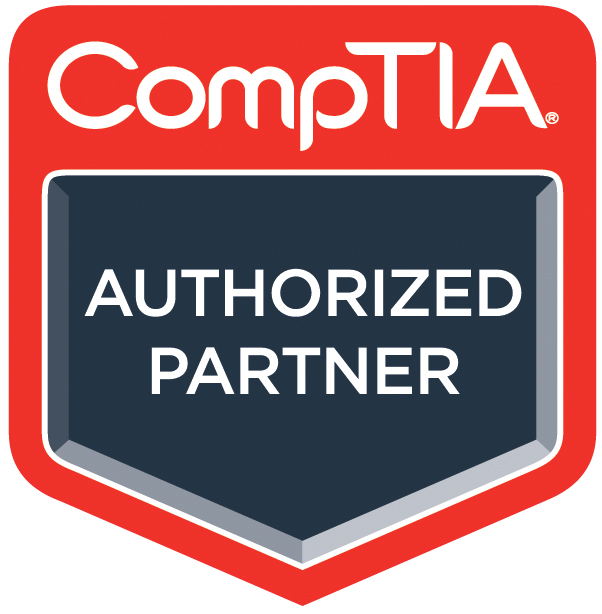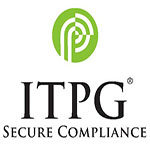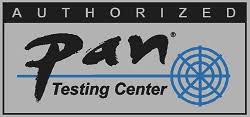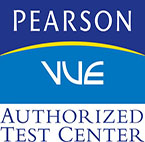Careers in cybersecurity
We are only a few weeks away from the start of National Cyber Security Awareness Month. It is always good to start with a plan for your career. Do you know your end goal? Jobs posting for cybersecurity positions have grown three times faster than openings for IT jobs overall. No matter where you start, all cybersecurity careers begin with general IT experience. You need to understand how the technology works before you can learn how to secure and protect it.
Read some helpful information about how to launch your Cyber Security Career
Your career path could start with one of this entry-level job:
- Systems administrator
- Database administrator
- Web administrator
- Web developer
- Network administrator
- IT technician
- Security administrator
- Network engineer
- Computer software engineer
With your training and education, you will also need to consider certifications. Many jobs even require you have certifications. If you can pick an expert and get certifications you will be more attractive to companies looking for those skill sets.
Not sure what career path to take? Check out our course map
Or check out the new Cyber Career Pathways Tool from NICSS!
Read the Top 10 Most Popular Cybersecurity Certifications in 2020

Security Architect Career Path
A Security Architect designs build and oversee the implementation of network and computer security for an organization. It is usually a senior-level employee or an independent contractor hired to create and carry out security programs. The individual is responsible for creating complex security structures – and ensuring that they work.
Along with dealing with handling defense and response issues, they will often be building security infrastructures, providing technical guidance, assessing costs & risks, and establishing security policies and procedures.
- Acquire a complete understanding of a company’s technology and information systems
- Plan, research, and design robust security architectures for any IT project
- Perform vulnerability testing, risk analyses, and security assessments
- Research security standards, security systems, and authentication protocols
- Design public key infrastructures (PKIs), including the use of certification authorities (CAs) and digital signatures
- Prepare cost estimates and identify integration issues
- Test final security structures to ensure they behave as expected
- Provide technical supervision for (and guidance to) a security team
- Define, implement and maintain corporate security policies and procedures
- Oversee security awareness programs and educational efforts
- Respond immediately to security-related incidents and provide a thorough post-event analysis
- Update and upgrade security systems as needed
The security architect’s average salary is $121,000 per year and can go as high as $160,000 per annum.
We’re living in a digital age and it only makes sense to acquire a skill that will still apply in the future. If you’re looking into cybersecurity training apply now for a course at Intellectual Point here are some suggestions on certifications.
Beginner:
Intermediate:
Certified Ethical Hacker (CEH)
Expert:
Certified Information Systems Security Professional (CISSP)
Why Should I get CompTIA Security+ Certified at Intellectual Point?
Security Consultant
A security consultant is a catch-all cybersecurity expert. A security consultant is someone who works for different businesses assessing risks, problems, and solutions for security issues. The consultant may work as a physical security consultant or as an IT consultant who works with computers.
Security consultants need to be flexible and savvy – they deal with a wide range of variables when assessing security systems across diverse companies and industries. Some of the daily tasks could include:
- Determining the best way to protect computers, networks, data, and information systems from potential attacks
- Performing vulnerability tests and security assessments
- Interviewing staff and department heads to uncover security issues
- Testing security solutions using industry-standard analysis methods
- Providing technical supervision and guidance to a security team
The salary range for IT security consultants is broad depending on experience, but a senior security consultant earns an average of $106,190 in the U.S. Security consultants are expected to have 3-5 years of professional experience.
If you obtain the following certifications they will expose you to the essential skills every security consultant needs, from ethical hacking to encryption technologies and data breach prevention protocols.
Beginner:
Intermediate:
Certified Ethical Hacker (CEH)
Advanced:
Certified Information Systems Auditor (CISA)
Certified Information Security Manager (CISM)
Expert:
Certified Information Systems Security Professional (CISSP)
Read why you need to get CISSP certified at Intellectual Point
Penetration Tester/Ethical Hacker – Mid to Senior Level
It may sound like an oxymoron, but ethical hacking is an essential measure for finding flaws in computer applications, systems, and networks. The correct term for this profession is “penetration testing” and what it entails is applying the same methods as hackers to test the integrity of cybersecurity systems. The Ethical Hacking training course at Intellectual Point covers a wide range of these required skills.
A penetration tester is required for the following tasks:
- At least annually, conduct perimeter network vulnerability scans
- Analyze scan results and coordinate with Cyber Security Operations staff to assist in identifying mitigation strategies
- Conduct a minimum of one complete penetration test for all Department networks and outsourced capabilities
- Interface and coordinate with third-party organizations performing penetration testing and vulnerability scanning for the Department
- Interface and coordinate with the OCIO information Assurances Services Directorate to establish targets for testing, test schedule, test goals, and rules of engagement supporting Security Authorization activities
- Plan and coordinate White Cell participation in support of each specific penetration test
Perform Independent Verification and Validation activities to include:
- Update/create entries within the current vulnerability management tool
- Security configuration compliance verification;
- Application configuration verification;
- Vulnerability scanning/assessments;
- Network/systems security evaluations
The average salary for a penetration tester is $79,000.
Cyberattacks are always evolving, so your knowledge should be, too. Here are some certification suggestions for the Penetration Tester/Ethical Hacker career path.
Beginner:
Intermediate:
Certified Ethical Hacker (CEH)
Advanced:
CompTIA Advanced Security Practitioner (CASP+)
Expert:
Certified Information Systems Security Professional (CISSP)
Learn more about what it takes to be an ethical hacker.
Chief Information Security Officer (CISO) – Senior level
If your goal is to lead a security team and IT initiatives you should work on becoming a Chief Information Security Officer. This is a lucrative and rewarding career path. The role of chief information security officer comes with a lot of power and creative freedom. CISOs build security teams and oversee all initiatives that concern an organization’s security. The CISO reports to the CIO or CEO.
As head of IT security, your daily activities will include:
- Hiring and guiding a team of IT security experts
- Creating strategic plans for deploying information security technologies and improving existing programs
- Supervising the development of corporate security policies and procedures
- Collaborating with key stakeholders to establish a security risk management program
- Spearheading IT security investigations and providing recommended courses of action in the event of a breach
The average salary for a CISO is $156,000. You can expect to spend 7-12 years working in IT and security before you qualify for a role as a CISO. At least five of those years should be spent managing security operations and teams.
This level of management requires earning accredited certifications. It is your job to take the initiative to continue your educations with relevant certification so you can validate your expertise and stay up to-day in the field of IT security management.
Intermediate:
Certified Information Systems Auditor (CISA)
Advanced:
Certified Information Security Manager (CISM)
Expert:
Certified Information Systems Security Professional (CISSP)
Read the most Powerful Habits of CyberSecurity Professionals

No matter what path you want to take in your Cyber Security career Intellectual Point is here for you. We can help you if you are launching your career, if you want to advance your career, if you need to prepare for an exam, or if you are trying to land a job.
When you take classes at Intellectual Point you get these exclusive educational benefits!
See our classes





































Leave a Reply
You must be logged in to post a comment.